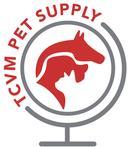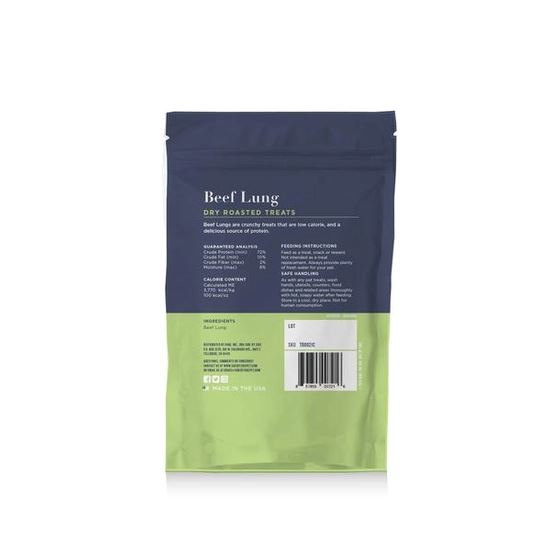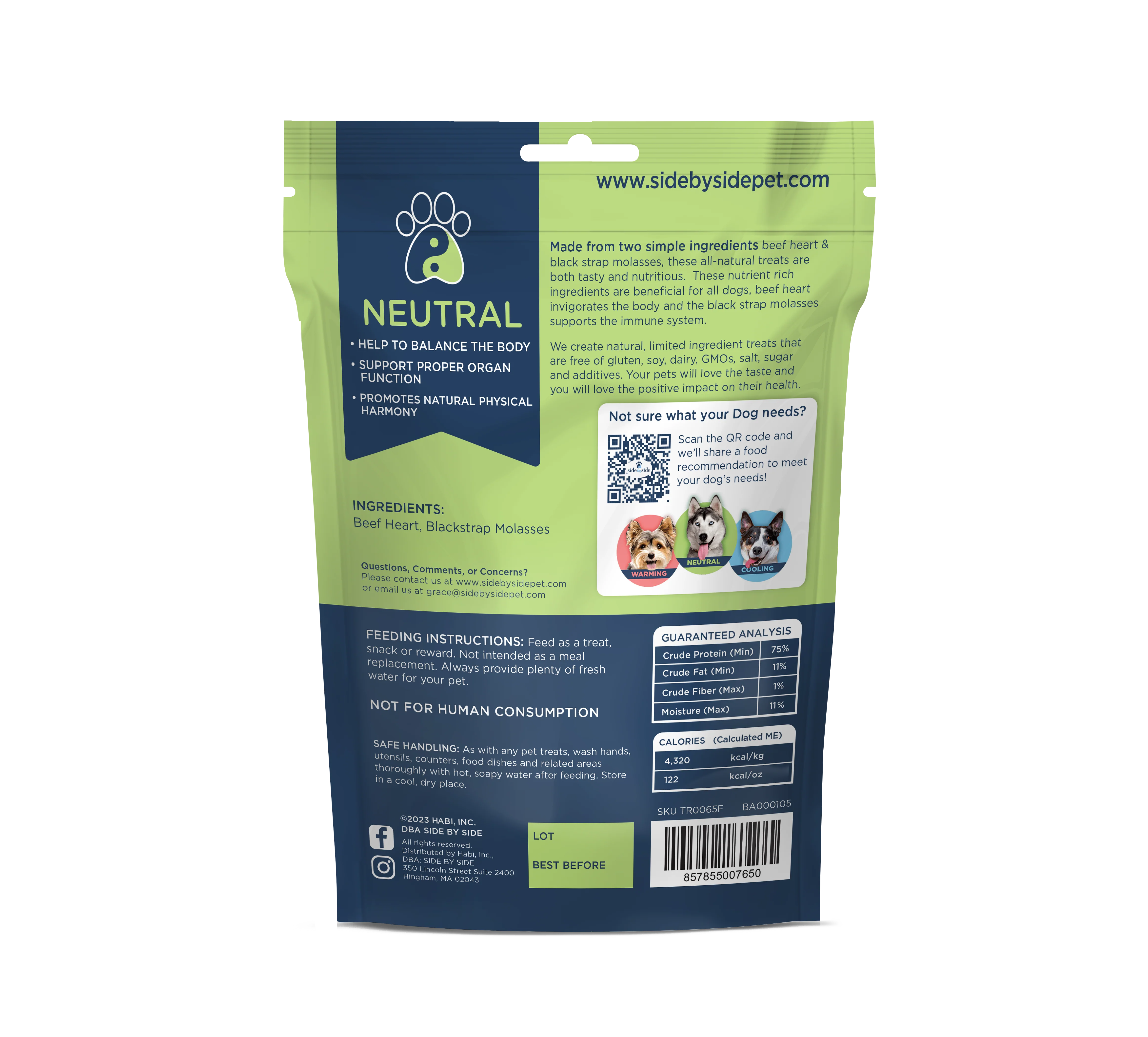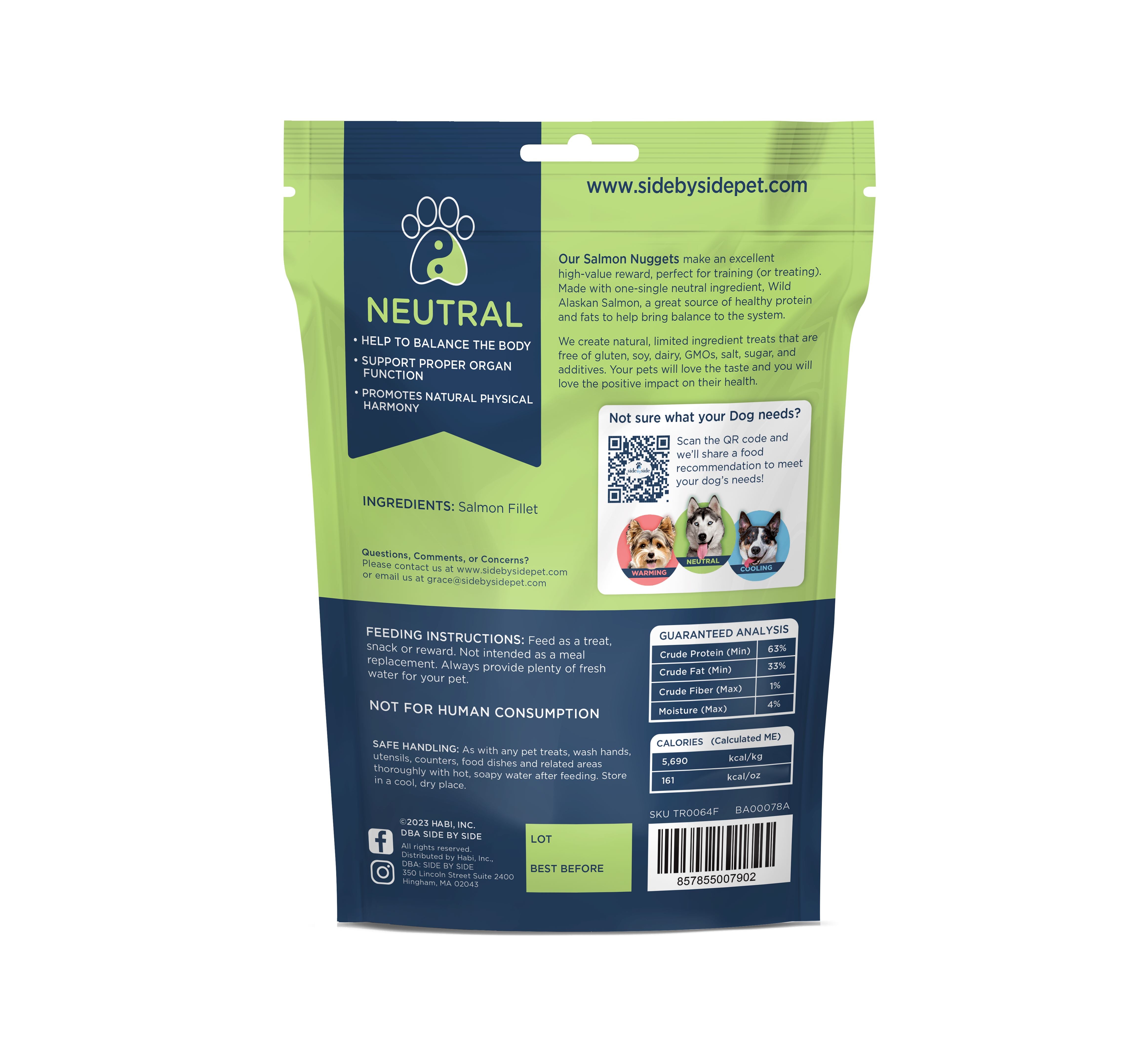
How to Help Your Pet Feel Better with a TCVM Telemedicine Consultation

When your pet suffers from a chronic condition, you feel helpless. Often, the majority of the recommendations vets offer are pharmaceutical and have side effects.
In fact, most likely the reason you found our site is because you want to give your pet something natural and avoid side effects.
But now you're here, and there's so much to choose from. How do you figure out what will work best for your pet's situation?
First, here's a little background informaton on Traditional Chinese Veterinary Medicine.
What is TCVM?
Traditional Chinese Veterinary Medicine, or TCVM, is an ancient Chinese system of medicine. In fact, the Chinese used it thousands of years ago to keep their farm animals healthy. TCVM stems from Taoism, which emphasizes a harmonious and balanced way of life.
Each branch of TCVM incorporates Eastern principles in distinct ways. However, these branches work both individually and collectively to maintain health and provide solutions for ailments in pets.
Practicing TCVM requires a thorough appreciation and understanding of two theories: The Yin-Yang Theory and The Five Element Theory which guide veterinarians in treating pets with Eastern medicine.
The five branches of Traditional Chinese Medicine are:
- Herbal medicine
- Acupuncture
- Food therapy
- Tui-na massage
- Qi-gong
How TCVM-Trained Veterinarians Evaluate
TCVM veterinarians ask a lot of questions. And they listen. For a good TCVM evaluation, the veterinarian focuses not only on the symptoms, but also on the pet's individual personality traits.Why? Because individual personality traits are clues to what "patterns" and "deficiencies" are occurring in your pet's body as a whole. The patterns and deficiencies are imbalances, and the imbalances are what cause chronic conditions.
Common questions include:
- Does your pet prefer warm places or cool places?
- Where does your pet sleep?
- How old is your pet?
- Is your pet fearful or anxious?
- Is your pet agitated?
- Does your pet eat grass or drink a lot of water?
In TCVM, your pet's tongue is an overall indicator of it's health. Your pet's tongue may be pale, red, dry, or wet. It might even be cracked or swollen.
The tongue and pulse characteristics help the veterinarian come up with a TCVM diagnosis, which is very different from a standard Western diagnosis.
Next, the veterinarian will feel the pulse in each of your pet's rear legs. The pulse indicates the intensity, pressure, and volume of blood flowing through your pet's body.
TCVM vets label the pulse either thready, weak, deep, or wiry. And, different pulse qualities are clues to what is going on with your pet. They help vets learn about the root cause of your pet's health challenges.
Finally, by incorporating the results of the tongue and pulse exam with the your pet's history, the TCVM veterinarian decides on a TCVM "diagnosis" and recommends a treatment plan to help bring your pet into balance and eliminate "dis-ease".
The "tongue and pulse exam" is the reason we recommend an in-person visit with TCVM-trained veterinarian if you can find one near you.
But What If I Can't Find a TCVM-Trained Veterinarian in My Area?
If you can't find a TCVM-trained veterinarian in your area, the next best solution is a TCVM telemedicine consultation.
We know it's often difficult to find a holistic veterinarian, let alone a TCVM-trained veterinarian in many areas.You can still get amazing results via a TCVM telemedicine consultation! Currently, our veterinarians are helping people in ten different countries and 50 US states with TCVM telemedicine consultations.
As mentioned earlier, a telemedicine consultation will not include the tongue and pulse examination. However, our vets will still review your pet's previous records and ask you special questions to determine your pet's patterns and deficiencies.
There are many different ways to use food as medicine, incorporate TCVM herbs, and other different things you can do to help your pet.
The consultation hones in on the underlying cause of your pet's condition, helping choose the food, supplements, and herbs that will be most beneficial for your pet.
If you get a TCVM telemedicine consultation with one of our veterinarians, you'll get personalized TCVM recommendations specific to your pet, including:
- Food Therapy Recommendations
- TCVM Herb Recommendations & Veterinary Authorization
- Supplement Recommendations
- Alternative Medicine Recommendations
- Get your questions answered
- Marc Smith, DVM, MS - Natchez Trace Veterinary Services
-
Casey Damron, DVM, CVA - White Oak Animal Hospital


























